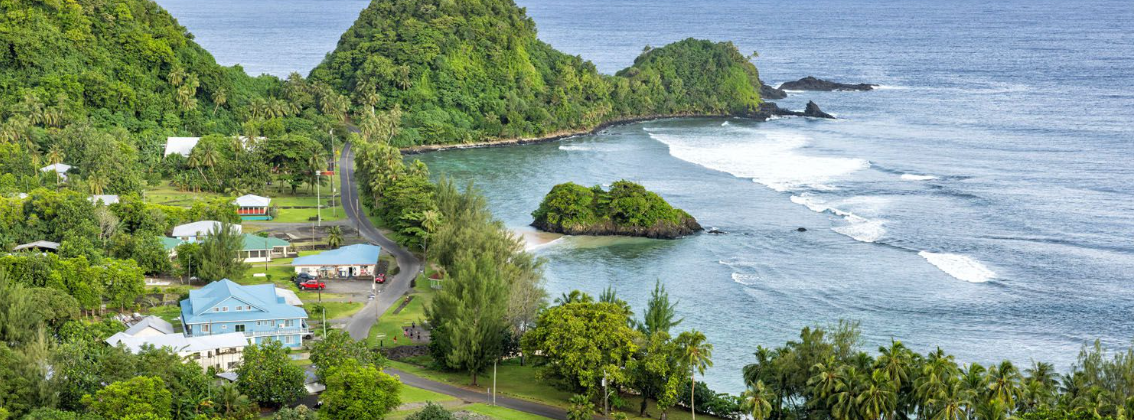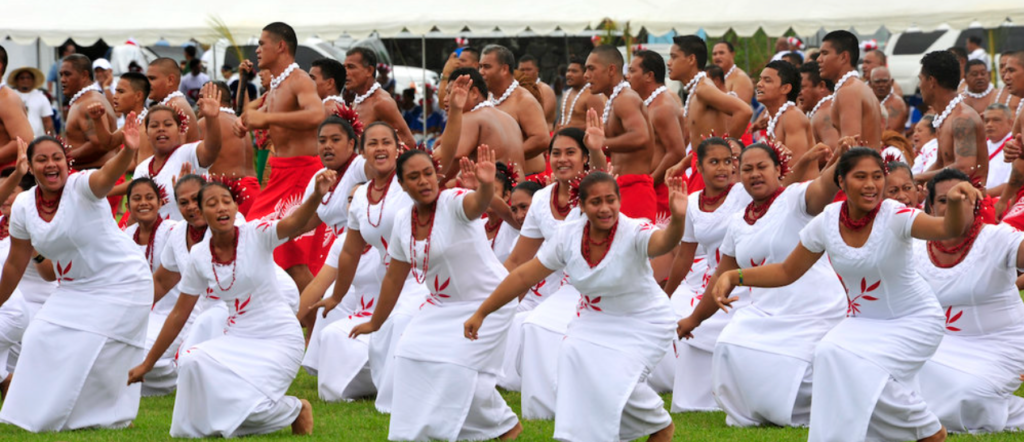
Is American Samoa Safe?
Summary
Yes, American Samoa, renowned for its stunning natural beauty and rich culture, is highly safe for visitors. Like any destination, it has some safety considerations.
Crime rates are relatively low, though petty thefts, like in many tourist spots, can occur. It’s advisable to take standard precautions such as safeguarding valuables and being cautious, especially at night. Natural hazards, typical of the Pacific region, include the risk of earthquakes, tsunamis, and tropical cyclones, particularly during the rainy season from November to April.
Health-wise, medical facilities are limited, and visitors should have comprehensive travel insurance. Occasional outbreaks of diseases like dengue fever highlight the need for mosquito bite prevention.
Culturally, it’s important to respect local customs and traditions. Roads can be challenging, so careful driving is recommended.
In summary, with sensible precautions and respect for local conditions and culture, American Samoa can be a safe and enriching travel destination.
Pros
Visiting American Samoa, like any travel destination, comes with its own set of pros and cons. Understanding these can help you decide whether it’s the right place for your next adventure.
- Natural Beauty and Biodiversity: American Samoa is known for its stunning landscapes, including pristine beaches, lush rainforests, and vibrant coral reefs. The National Park of American Samoa offers a chance to explore unique ecosystems and observe rare wildlife.
- Rich Culture and Heritage: The Samoan culture is one of the oldest in Polynesia. Visitors can experience traditional customs, music, dance, and ceremonies, providing a deep cultural immersion.
- Less Touristy: Unlike many tropical destinations, American Samoa is not overrun by tourists. This means fewer crowds and a more authentic experience of island life.
- Outdoor Activities: For those who love the outdoors, there are ample opportunities for hiking, snorkeling, diving, fishing, and other water sports in a spectacular natural setting.
- U.S. Territory Advantages: As a U.S. territory, American Samoa uses the U.S. dollar and operates under U.S. law, which can be convenient for American travelers.
- Warm Climate: The tropical climate ensures warm weather year-round, ideal for beach and outdoor activities.
Cons
- Limited Infrastructure: The tourism infrastructure is not as developed as in other destinations. Accommodations, transport, and amenities might be basic compared to more popular tourist spots.
- Remote Location: The islands are quite remote, which can mean more expensive and less frequent flights. Traveling to and from American Samoa can be a challenge and costly.
- Healthcare Limitations: Medical facilities are limited, and in case of serious illness or injury, medical evacuation might be necessary.
- Natural Hazards: Being in the Pacific Ring of Fire, the islands are prone to natural hazards like cyclones, earthquakes, and tsunamis. The rainy season also brings heavy rains and potential flooding.
- Limited Nightlife and Entertainment: Those looking for vibrant nightlife or a wide variety of entertainment options might find American Samoa lacking in this aspect.
- Cultural Sensitivity Required: Visitors need to be mindful and respectful of local customs and traditions, which may require a degree of cultural adaptation.
- Connectivity Issues: Internet and mobile connectivity can be unreliable, especially in more remote areas.
- Environmental Challenges: The rugged terrain can be challenging for those not accustomed to outdoor activities in such environments. It’s also important to be environmentally conscious to preserve the islands’ delicate ecosystems.
American Samoa, a U.S. territory in the South Pacific Ocean, is often recognized for its stunning natural beauty, rich culture, and unique history. When considering safety for visitors, several aspects need to be addressed, including crime rates, natural hazards, health concerns, and local laws and customs.
American Samoa Crime and Personal Safety
Like any travel destination, American Samoa has its share of petty crimes such as theft, particularly in more populated areas. However, violent crimes against tourists are relatively rare. It’s always advisable to take standard precautions like not leaving valuables unattended and being aware of your surroundings, especially at night.
Natural Hazards
The islands are susceptible to natural hazards such as earthquakes, tsunamis, and tropical cyclones. The rainy season from November to April brings heavier rains and potential flooding. Visitors should stay informed about the local weather and heed any warnings from the American Samoa Department of Homeland Security and Emergency Management.
Health Concerns
In terms of health, American Samoa has medical facilities, but they may not meet the standards that tourists are accustomed to. For serious medical emergencies, evacuation to another country may be necessary. It’s important to have comprehensive travel health insurance and up-to-date vaccinations. Also, there have been instances of outbreaks like dengue fever and Zika virus, so mosquito bite prevention is crucial.
American Samoa Environmental Challenges
The territory’s pristine environment also poses challenges. Hiking in American Samoa’s rugged terrain requires good physical fitness and caution, as trails can be steep and slippery. Visitors should respect local environmental conservation efforts, especially in protected areas like the National Park of American Samoa.

American Samoa Cultural Sensitivity
Understanding and respecting local customs is key to a safe and enjoyable visit. The Samoan culture is communal and family-oriented, with a strong focus on respect for elders and traditional ways of life. Dress modestly, especially when visiting villages or attending church services. It’s also important to ask permission before taking photographs of local people or their property.
American Samoa Transportation Safety
Regarding transportation, roads in American Samoa can be narrow and winding, and some are poorly lit at night. Driving defensively and being cautious of pedestrians and stray animals is advised. Public transportation exists but can be limited, so renting a car is often the best way to explore the islands.
Political Stability and Law
Politically, American Samoa is stable. As a U.S. territory, it operates under U.S. law, and visitors should be aware of local laws and regulations, including those related to alcohol consumption, drug use, and environmental protection. It’s important to remember that while American Samoa is part of the United States, it has its own unique laws and customs.
Connectivity and Emergency Services
In case of emergencies, American Samoa has local emergency services, though response times may vary compared to what visitors are used to in their home countries. Mobile phone coverage is generally good in populated areas, but it can be spotty in remote regions.
COVID-19 Considerations
In the context of the COVID-19 pandemic, it’s crucial to check the latest travel advisories and health guidelines. American Samoa had periods of strict entry requirements and quarantine measures to protect its population. Keeping abreast of the current situation and adhering to health protocols is important for the safety of both visitors and locals.
Also read: Is Afghanistan Safe To Visit?
Conclusion
In summary, American Samoa is a relatively safe destination for travelers who take standard safety precautions. Its natural beauty and unique culture offer a rewarding experience for those who visit. Being informed, respectful of local customs and laws, and prepared for the environmental realities of a tropical island will greatly enhance the safety and enjoyment of your trip.
